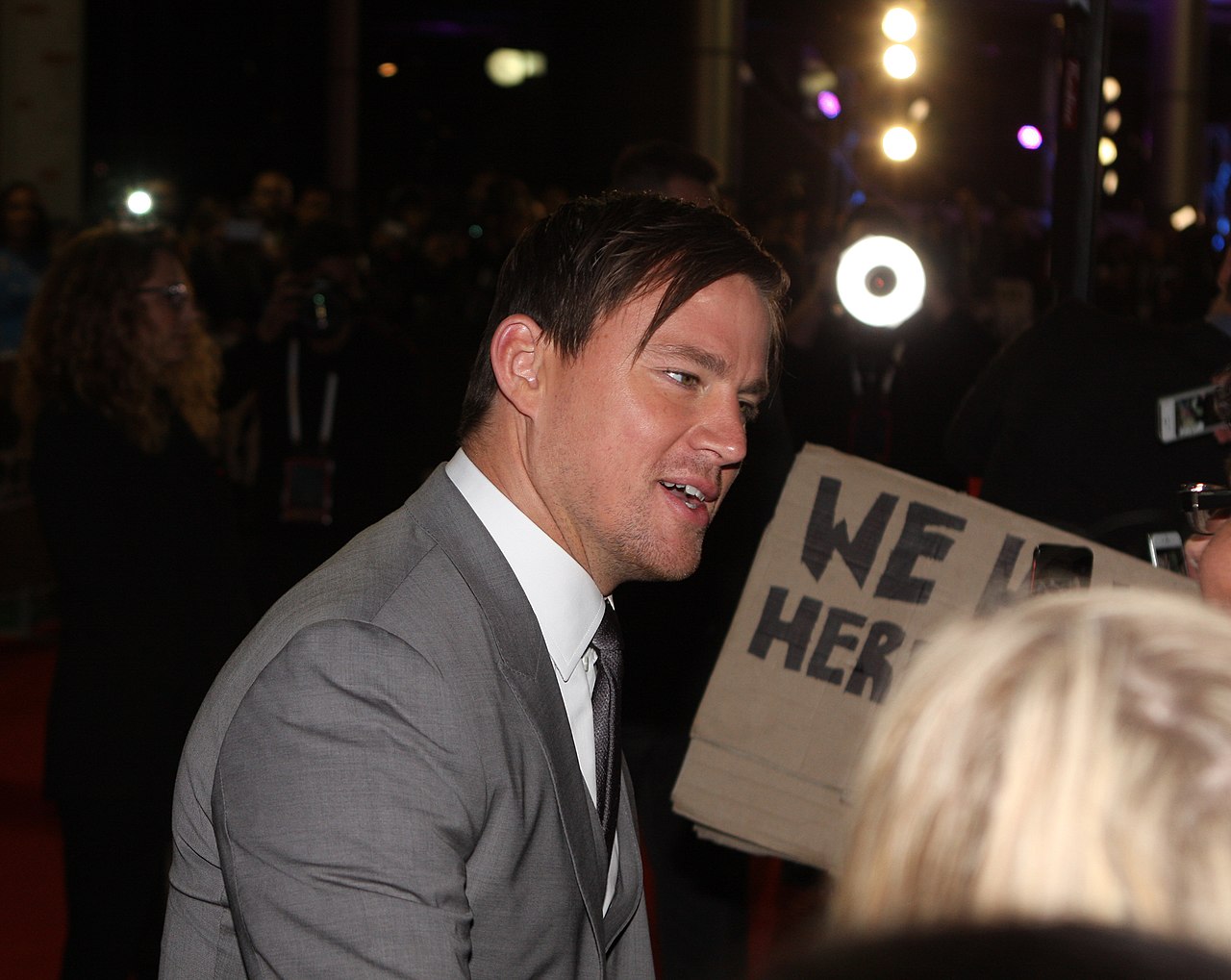Professor John Street notes how popular culture and politics have merged in recent weeks in Britain.
For those who follow the oddities of encounters between politics and popular culture, the last couple of weeks have delivered a happy coincidence of events.
First came the announcement that the Department for UK Trade and Investment was going to provide financial support to aspiring pop musicians. It was a decision that raised the ire of the Tax Payers Alliance, and allowed gentle satire from C4 news, when a member of a metal band – a beneficiary of the funding – reflected on the competing merits of Hayekian and Keynesian approaches to state support.
Visions of ministers arguing over the rival merits of grunge and garage music were soon to be replaced by those of school students earnestly studying Russell Brand’s views on drugs.
This was the news that one of the A-level boards was to include Dizzee Rascal and Russell Brand in its English curriculum. This prompted predictable noises from those fearful of the ‘dumbing down’ of education, and others celebrating the literary merits of rappers and rude boys.
And then there was the Labour Election Broadcast, in which a Coalition Cabinet meeting was satirized – in the manner of a black and white Ealing comedy. The theme: Nick Clegg’s increasing irrelevance; the title: ‘The Uncredible Shrinking Man’. This too provoked rumblings, in which either enthusiasm or cringeing embarrassment marked the response.
While each of these moments prompted their own mini-media storm, and while each reflected something about the shifting character of politics and political communication, they all had one thing in common. They revealed the persisting contradictions in attitudes to popular culture. On the one hand, welcomed as a source of revenue and trade; on the other a symbol of a debased culture. These attitudes are not confined to the political class, or indeed to the educational elite (where popular culture often remains, despite its apparent ubiquity, an object of mild and marginalized disdain). It is shared by musicians and others in the creative industries who reject all public engagement with the state, despite – even when avoiding their taxes – they depend heavily upon it (for copyright protection, licensing of venues, contract law …)
Such contradictions and tensions serve to warn any politician, party or NGO that sees popular culture as offering an easy way of communicating its message, endorsing its cause or delivering its policy goals: you risk being condemned (or confirmed) as silly, superficial and cynical.
Professor John Street holds a Chair in Politics at the University of East Anglia. His main research interests are: the relationship between copyright and creativity; the politics of popular music; the ‘popularization’ of politics; and cultural value and cultural policy.





